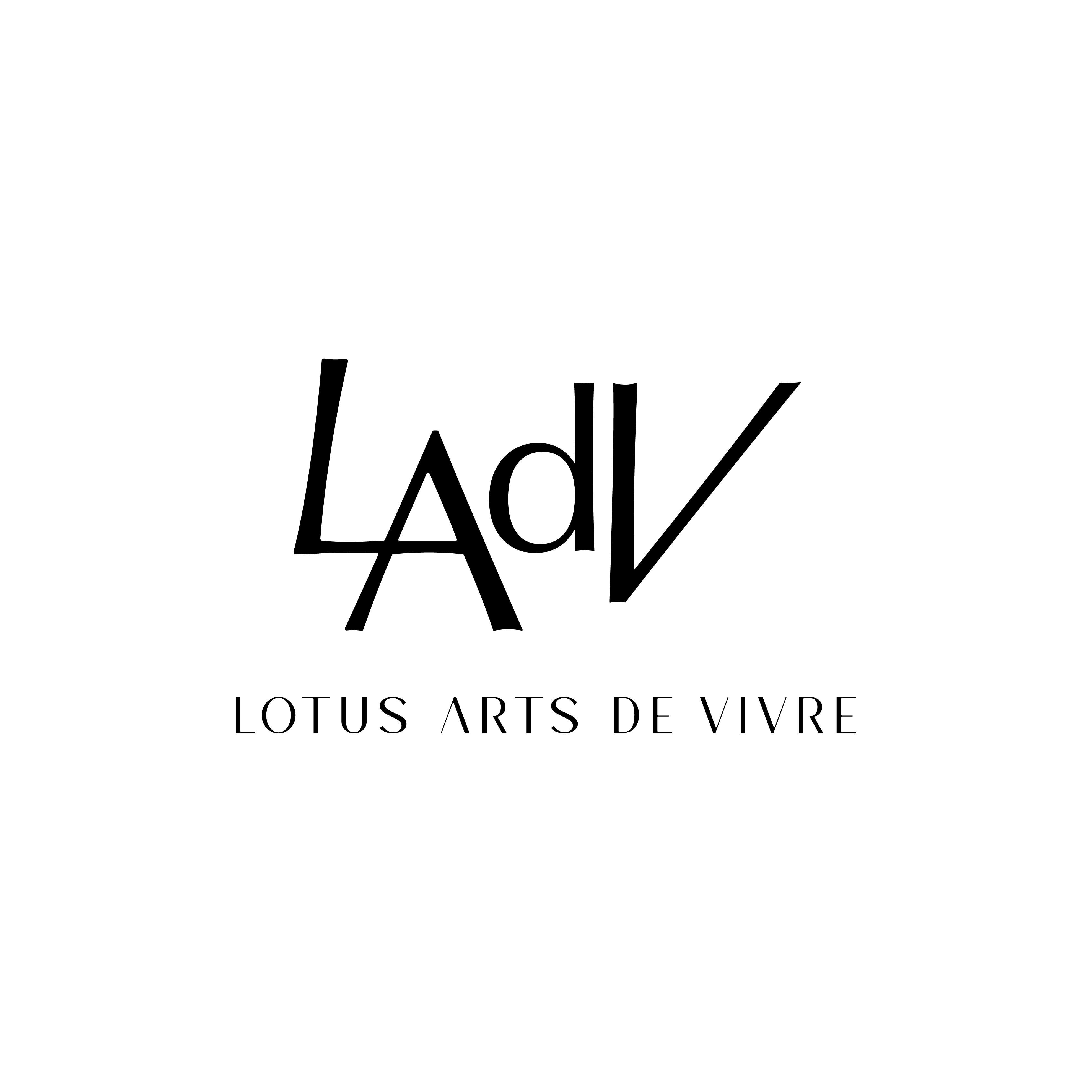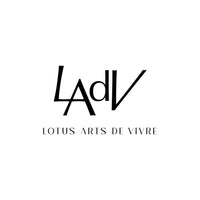 Search
Search












Beautiful pair of Japanese Lacquer Low Table with Sakura Motifs (Cherry Blossom) from the Meiji Period (1868 – 1912), made in Circa 1890-1910. The table has been decorated in Maki-e and Raden (shell inlay).
Maki-e is a distinctive Japanese lacquerware technique developed around 1200 years ago. Maki-e (literally: sprinkled picture) is Japanese lacquer sprinkled with gold or silver powder onto a thick layer of lacquer as a decoration, a complicated and highly refined and time-consuming application.
Along with the gold sprinkling of the Mak-e technique, the raden technique has been employed, which is a decorative technique that uses the iridescent parts of seashells like abalone, turban shells, and pearl oysters, which are shaved very thinly. Ra means a spiral shell and den means to decorate. The technique was conveyed to Japan from China about 1300 years ago, and marvelous examples can be seen at the Shoso-in Treasure House in Nara.
This Japanese Lacquer collection is a result of the von Buren trips to Japan and its various antique fairs, where this entire lot was collected, that ranges from 70 to over 250 years.
Size: 36(W) x 60(L) x 19(H) cm.
Weight: 2.6 kg.



 My Account
My Account

